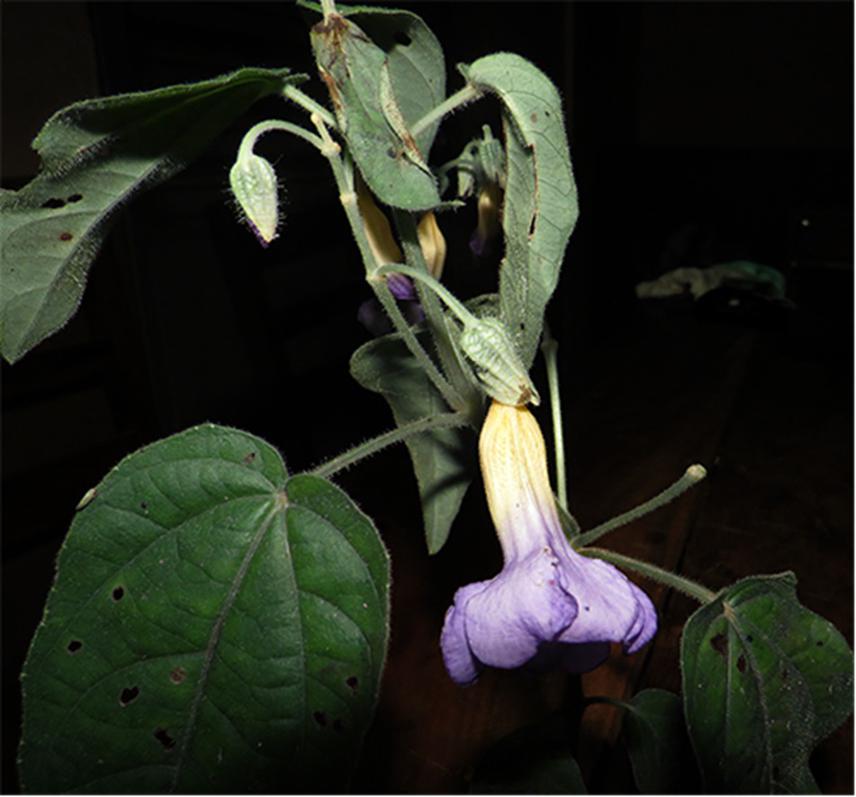Konoutan Médard Kafoutchoni
Other projects
20 Aug 2018
Traditional Knowledge, Genetic Diversity and Conservation of the Endemic and Threatened Thunbergia Atacorensis Akoègninou and Lisowski in Benin
The project seeks to promote the sustainable conservation of the rare, endangered and endemic Thunbergia atacorensis (Acanthaceae) through research, environmental education and planting in Benin. It is built upon three actions. Firstly, the best propagation techniques will be identified through evaluation of the effect of different environment-friendly seed priming treatments on the germination and growth performances. Secondly, an environmental education program will be initiated to encourage the involvement of local communities in the conservation of the species. Thirdly, 1200 seedlings will be planted as ornamental plant in 30 schools and 30 community/municipality gardens.

Thunbergia atacorensis is one of the few endemic plant species of Benin. In 2011, the species was classified as endangered in Benin as it was facing high risks of extinction due to the increased deforestation occurring in the country. Indeed, between 2002 and 2015, about 50% of gallery forests, the main habitat of the species, were vanished in the Atacora chain region. Consequently, Ministry of Environment of Benin, in its 2011-2020 Strategy and Action Plan for Biodiversity, acknowledged the necessity for developing and implementing a special conservation program for rare and endemic species including T. atacorensis.
So far, many Rufford-funded projects targeting rare and endemic plant species and their habitat have been implemented in the Atacora chain and surrounding regions. The present project is built upon my first Rufford Small Grant (RSG) which provided data on the use and genetic diversity of T. atacorensis. The work revealed a low socio-economic importance of the species to local communities leading to an equally low interest towards its valuation and conservation. These call for an urgent need to initiate a community-based program for its sustainable conservation by exploring ways to promote it as an ornamental plant in public places and home-gardens. This can be achieved through communication, environmental education, public awareness-raising and planting campaigns to help reduce the pressure on the species and promote its domestication as in-situ conservation strategy.
This project aims to:
(i) determine the best propagation techniques that would facilitate the domestication of the species;
(ii) initiate an environment education program to sensitise local communities including farmers, students, teachers, forest administration staff, NGOs workers, and other stakeholders on the importance of the species and the need to plant it;
(iii) organise a community-oriented campaign to plant 1200 seedlings in 30 selected schools and 30 community/municipality gardens.
Besides, seeds collected during my first RSG for introduction in the Botanic Garden of the University exhibited poor germination. Poor germinability would affect the regeneration of the species but also the dynamic and structure of its populations. It is crucial to determine best propagation techniques for the species as a prerequisite for setting-up domestication and community-based planting campaigns or restoration programs.